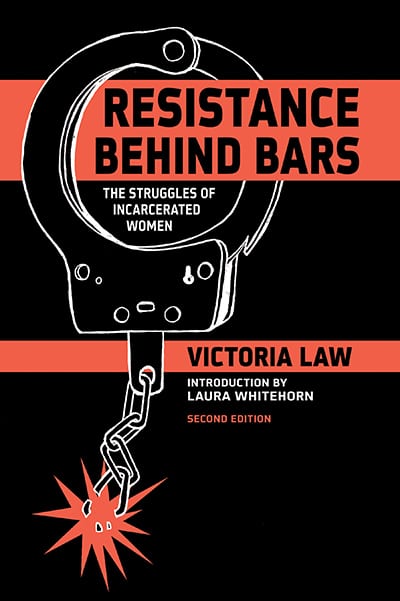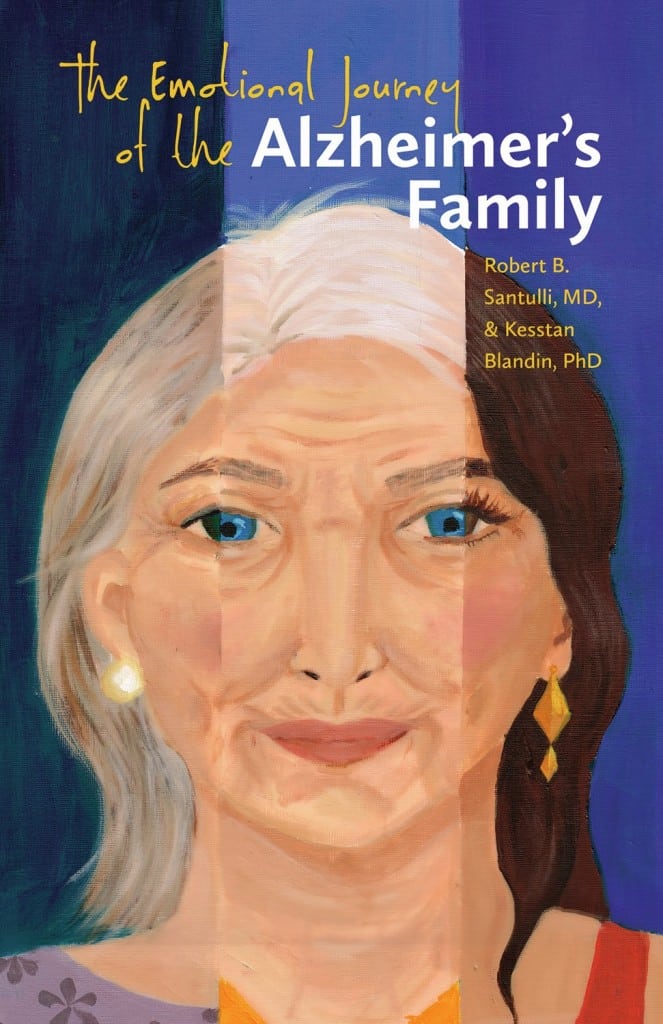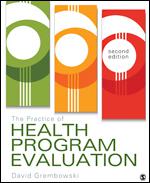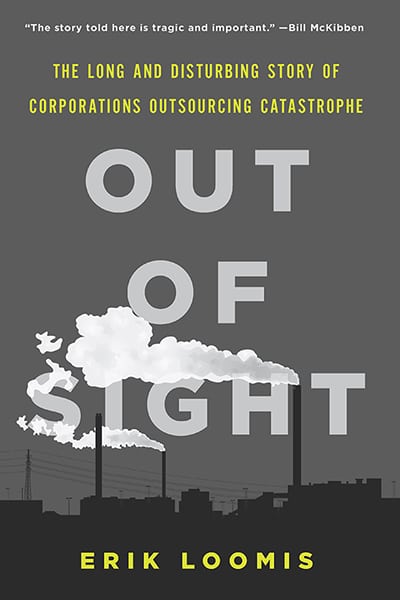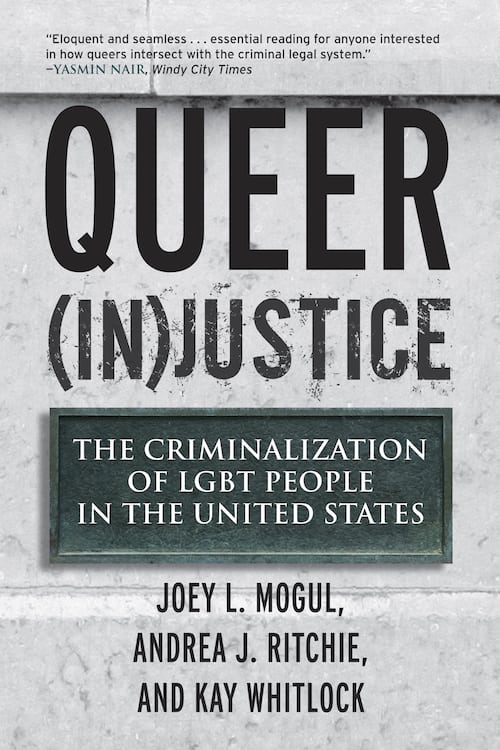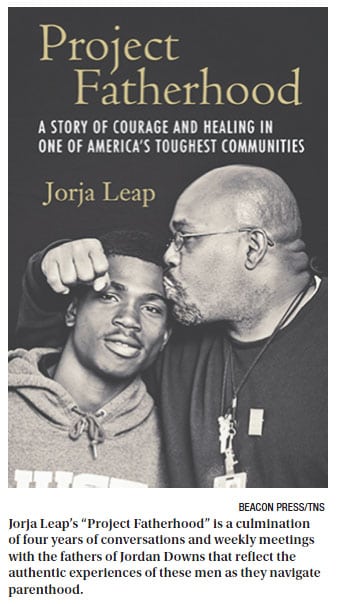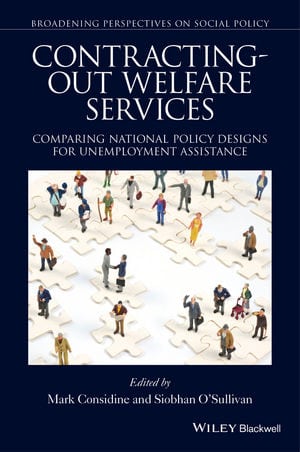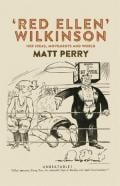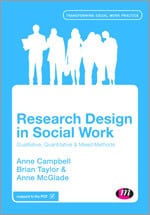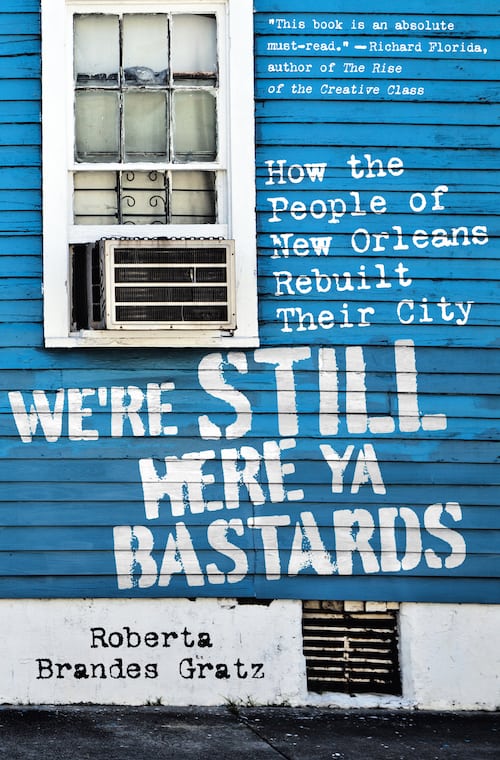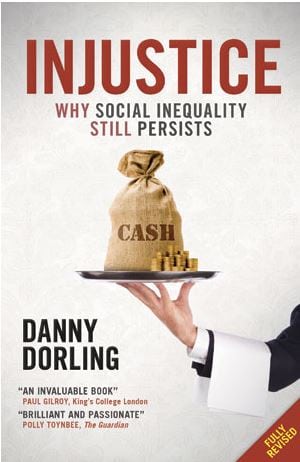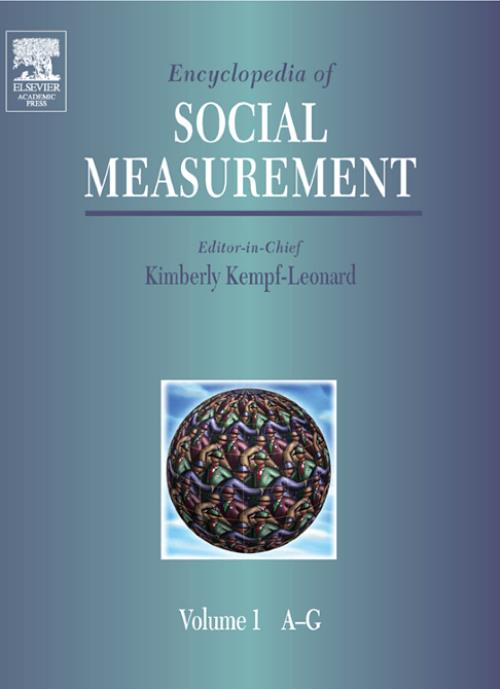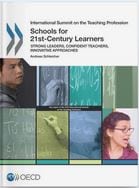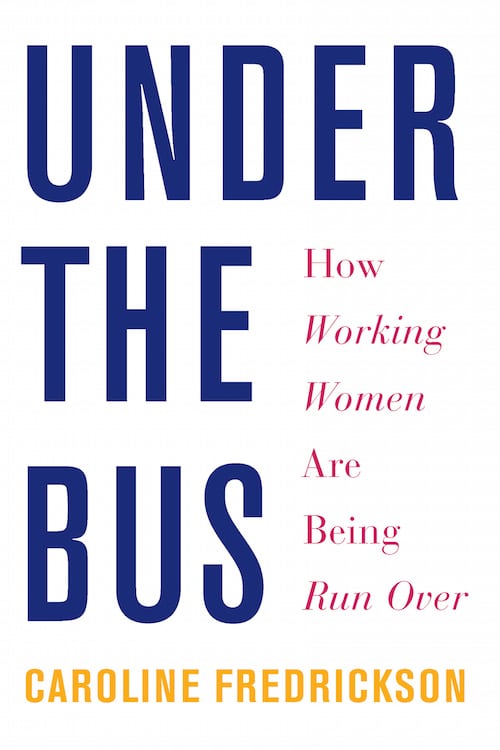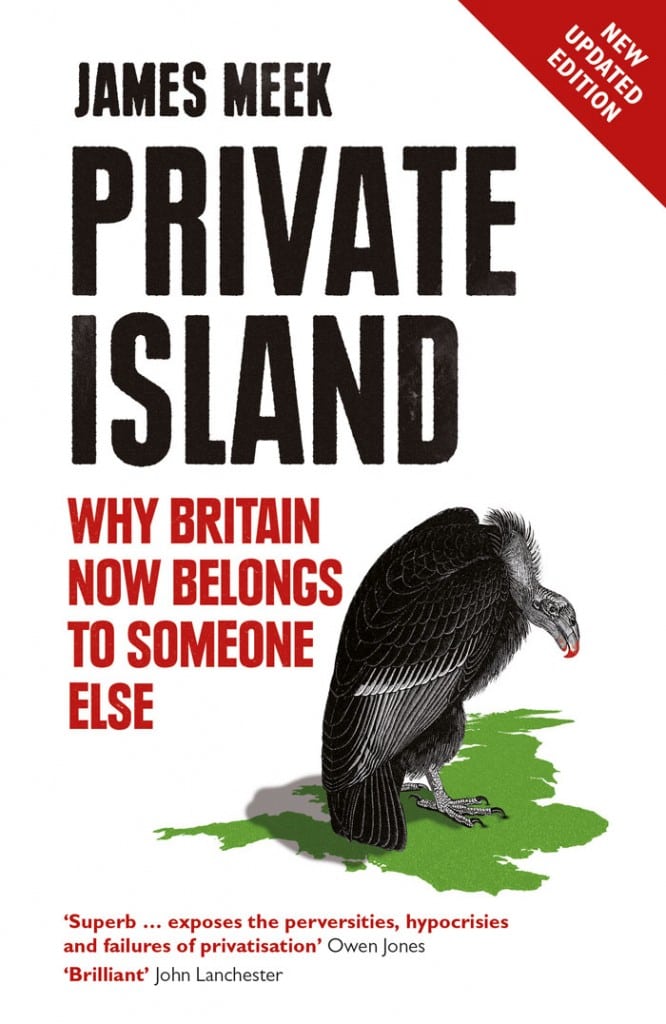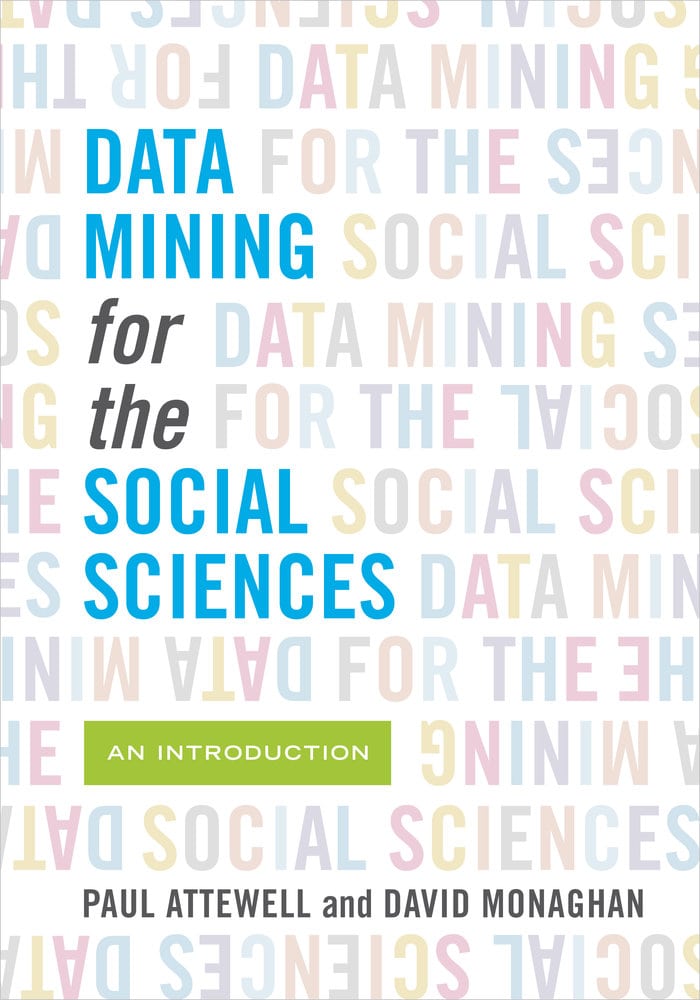Advocacy in Conflict Critical Perspectives on Transnational Activism
Depressive Disorders: DSM-5® Selections
Geisha of a Different Kind: Race and Sexuality in Gaysian America
Unlikely Communities: Breaking the Alienation of Incarceration
12 Tips for Caring for Someone with Alzheimer’s Disease
Whose Harlem Is This, Anyway? Community Politics and Grassroots Activism during the New Negro Era
The Practice of Health Program Evaluation, 2nd Ed
Participatory Research with Children and Young People
Out of Sight
Decolonizing Solidarity Dilemmas and Directions for Supporters of Indigenous Struggles
Advocacy Practice For Social Justice
Queer (In)Justice: The Criminalization of LGBT People in the United States
Convict Voices: Women, Class, and Writing about Prison in Nineteenth-Century England
Not a Catholic Nation: The Ku Klux Klan Confronts New England
During the 1920s the Ku Klux Klan experienced a remarkable resurgence, drawing millions of American men and women into its ranks. In Not a Catholic Nation, Mark Paul Richard examines the KKK’s largely ignored growth in the six states of New England—Connecticut, Maine, Massachusetts, New Hampshire, Rhode Island, and Vermont—and details the reactions of the region’s Catholic population, the Klan’s primary targets.
Irish Catholic identities
Book aims to debunk myth of absent Black fathers
Kent State
On May 4, 1970, National Guard troops opened fire on unarmed antiwar protesters at Kent State University in Ohio, killing four students and wounding nine others, including the author of this book. The shootings shocked the American public and triggered a nationwide wave of campus strikes and protests. To many at the time, Kent State seemed an unlikely site for the bloodiest confrontation in a decade of campus unrest—a sprawling public university in the American heartland, far from the coastal epicenters of political and social change.
Integration in Ireland The everyday lives of African migrants
Deleuze and Desire: Analysis of The Logic of Sense
Health Care in America
Rebel Footprints: A Guide to Uncovering London’s Radical History
Contracting-out Welfare Services: Comparing National Policy Designs for Unemployment Assistance
How Corrupt is Britain?
‘Red Ellen’ Wilkinson Her ideas, movements and world
China’s Social Welfare: The Third Turning Point
Picturing Class
In this richly illustrated book, Robert Macieski examines Lewis W. Hine’s art and advocacy on behalf of child laborers as part of the National Child Labor Committee (NCLC) between 1909 and 1917. A “social photographer”—as he called himself—Hine created images that documented children at work throughout New England, making the case for their exploitation in the North as he had for rural working children in the South.
White Masculinity in the Recent South
While economic and social conditions of the South changed dramatically in the twentieth century, white manhood as it is expressed in the contemporary South is still a complex, contingent, historicized matter, and broadly shared—or at least broadly recognized—notions of white southern manhood continue to be central to southern culture.
At the Heart of the State The Moral World of Institutions
The result of a five-year investigation conducted by ten scholars, this book describes and analyses the police, the court system, the prison apparatus, the social services, and mental health facilities in France. Combining genealogy and ethnography, its authors show that these state institutions do not simply implement laws, rules and procedures: they mobilise values and affects, judgements and emotions. In other words, they reflect the morality of the state.
Research Design in Social Work Qualitative, Quantitative and Mixed Methods
Diet of Austerity, A Class, Food and Climate Change
Cross-Sector Responses to Obesity: Models for Change: Workshop Summary
The Couples Psychotherapy Treatment Planner, with DSM-5 Updates, 2nd Edition
Resistance Behind Bars
Social Work Practice in Healthcare Advanced Approaches and Emerging Trends
Ecosocialism: A Radical Alternative to Capitalist Catastrophe
The short guide to urban policy
How to Dismantle the NHS in 10 Easy Steps
Disposable Futures: The Seduction of Violence in the Age of Spectacle
NHS plc: The Privatisation of Our Health Care
We’re Still Here Ya Bastards
In this extraordinarily panoramic book, Roberta Brandes Gratz tells the stories of New Orleans residents who returned to their homes after Hurricane Katrina to take the rebuilding of their city into their own hands. Gratz shows the strength of people who continue to work to rebuild their community, and she reveals what Katrina couldn’t destroy: the unwavering pride of one of the greatest cities in the United States.
Injustice: Why social inequality still persists
Encyclopedia of Social Measurement
After Neoliberalism: The Kilburn Manifesto
The Chicano Generation: Testimonios of the Movement
Schools for 21st-Century Learners Strong Leaders, Confident Teachers, Innovative Approaches
Financial Exploitation of Women in the Workplace Is the Canary in the Coal Mine
Jornalero: Being a Day Laborer in the USA
The United States has seen a dramatic rise in the number of informal day labor sites in the last two decades. Typically frequented by Latin American men (mostly “undocumented” immigrants), these sites constitute an important source of unskilled manual labor. Despite day laborers’ ubiquitous presence in urban areas, however, their very existence is overlooked in much of the research on immigration.



